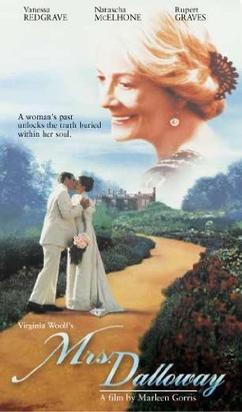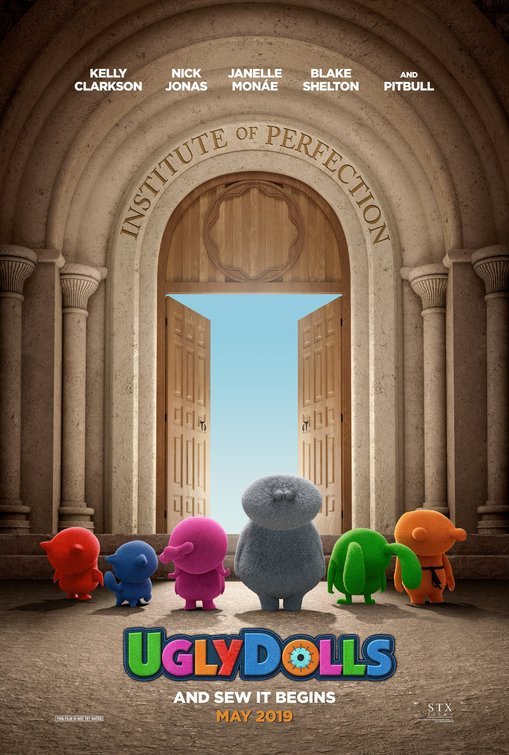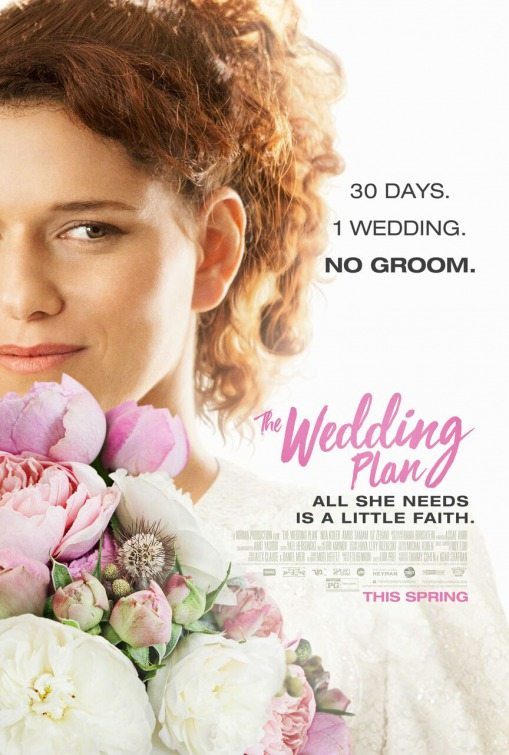"A Woman Reflects"

| None | Light | Moderate | Heavy | |
|---|---|---|---|---|
| Language | ||||
| Violence | ||||
| Sex | ||||
| Nudity |
What You Need To Know:
MRS. DALLOWAY, based on Virginia Woolf’s 1935 novel by the same name, depicts one day in the life of Mrs. Dalloway (Vanessa Redgrave), who muses about her life when preparations for a party trigger memories. She flashes back to her friendship with Sally and her ambivalence as to whether to marry Peter, a free-spirited man, or Richard, who is more conventional. The movie flashes back to scenes of Mrs. Dalloway in her youth, where, as 18-year-old Chlorissa (Natasha McElhone), she gives into a conventional marriage with Richard.
With superb cinematography and costume design, the film successfully mirrors upper-class English society. Vanessa Redgrave as the mature Mrs. Dalloway and Natascha McElbone as Chlorissa give great performances. Marred only by brief nudity and the emotional elements pertinent to adult discussions about marriage, MRS. DALLOWAY also leaves a spiritual void, as Mrs. Dalloway confesses to believing that “religious fanaticism leaves a person callous” when her daughter wants to get involved with missionary work at a church. Thought-provoking and intellectually stimulating, MRS. DALLOWAY provides a fulfilling emotional journey as it enables the audience to examine their own lives as they vicariously experience Mrs. Dalloway’s life and the decisions she has made
Content:
(Ro, V, N) Romantic worldview of a woman reflecting on her life; no obscenities & no profanities; implied suicide by impaling; no sex; and, brief nudity as character runs naked to the bathroom.
More Detail:
Based on Virginia Woolf’s 1935 novel, MRS. DALLOWAY is an introspective view of gossipy, upper-class, British society in the early 1920s. MRS. DALLOWAY depicts a day in the life of a middle-aged politician’s wife, Mrs. Dalloway (Vanessa Redgrave), who is preparing to give a party that same night. Her party preparations trigger memories of her youth and its innocence. She flashes back to her friendship with Sally and her ambivalence as to whether to marry Peter, a free-spirited man, or Richard, who is more conventional. The movie flashes back to scenes of Mrs. Dalloway in her youth, where, as 18-year-old Chlorissa (Natasha McElhone), she gives into a conventional marriage with Richard. At that time, she remembers an interesting conversation she held with friend Sally: “Men have exciting lives, but poor wives don’t do as well. Marriage is a catastrophe, but inevitable.”
Back to the present, Peter (Rupert Graves) returns from India on the same day Mrs. Dalloway is planning her party. Peter tells her of his love for a married woman in India, but he still admits to feeling affection for Mrs. Dalloway. She invites him to attend her party that evening.
Across town, a couple’s life is in despair. Septimus is having what his psychiatrist termed “delayed shell shock” (which in 1990 America would be diagnosed as “Post Traumatic Stress Disorder”) from the trauma of seeing his best friend, Evans, killed during the war in Italy. Because Septimus can’t live with the unsubstantiated guilt he feels over his friend dying, he has hallucinations and threatens suicide. Resia, his wife, is in denial as to the severity of his illness and tries to be supportive.
When the psychiatrist comes to take Septimus to an institution, he jumps out the window and is impaled on the railing (which is not depicted). When Mrs. Dalloway hears about this incident, she identifies with Septimus’ despair and adds that he had the courage to do what she could not. For the first time in the movie, viewers realize how intense is Mrs. Dalloway’s sadness about losing the core of her young-girl innocence and her inability to recapture it.
At the party, viewers witness how uncomfortable Mrs. Dalloway feels in the social environment to which her marriage to Richard has subjected her. As the guests are introduced, viewers experience the superficiality of upper-class English society. Peter comments, “Oh what snobs the English are!” Notwithstanding, Mrs. Dalloway is surprised to see her old friend, Sally, walk into the party and engage Peter in conversation about old times in the library. In the midst of her guests, with their inane comments and gossip, Mrs. Dalloway wonders if she has lost the things in life which matter most. Glancing at Peter, she remarks, “What does the brain matter compared to the heart?” Finally, she experiences freedom in her ability to connect the innocence and genuineness of her youth by reuniting with Sally and Peter.
MRS. DALLOWAY has superb cinematography and costume design, very true to early 1920’s London. They contributed greatly to the film’s successful mirroring of upper-class English society. Both Vanessa Redgrave as the mature Mrs. Dalloway and Natascha McElbone as Chlorissa give great performances. Due to brief nudity and the emotional elements pertinent to adult discussions about marriage, MRS. DALLOWAY is not appropriate for children under 13. It also leaves a spiritual void, as Mrs. Dalloway confesses to believing that “religious fanaticism leaves a person callous” when her daughter wants to get involved with missionary work at a church. The Christian woman who takes her daughter under her wing is portrayed as bitter and miserable, but this angle is not developed in the film.
Thought-provoking and intellectually stimulating, MRS. DALLOWAY delights audiences with progressive revelation of the title character’s memories as she lives through one day planning her party. The audience becomes privy to her thoughts and feelings as she contemplates her life and the decisions she has made. The movie provides a fulfilling emotional journey as it enables the audience to examine their own lives as they vicariously experience her story.



 - Content:
- Content: 



